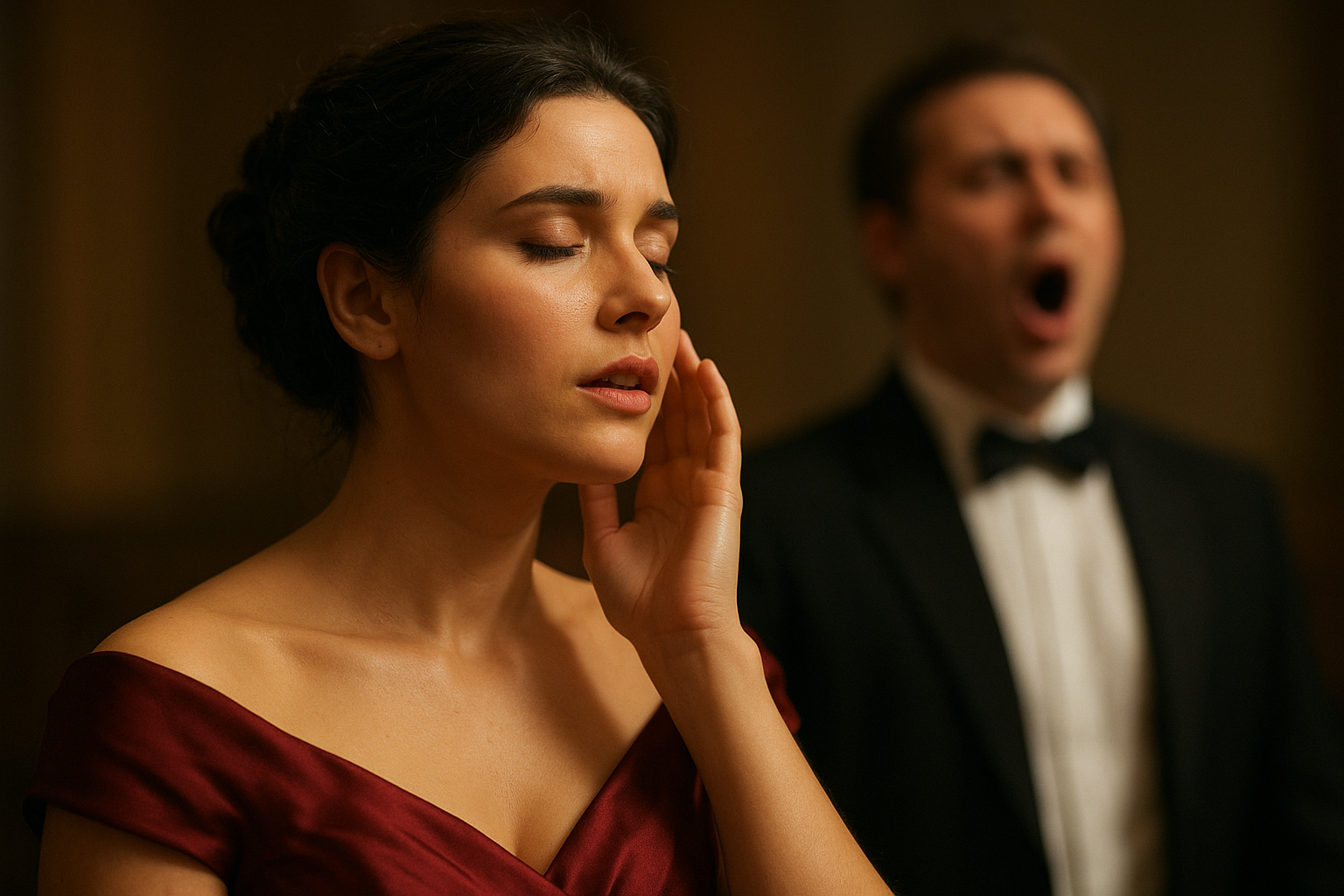Opera, a sublime synergy of music, libretto, and dramatic narrative, has long served as a medium for exploring the depths of human emotion and the possibility of redemption. Across compositions from different eras and cultures, operatic stories often revolve around characters seeking atonement, forgiveness, and grace. In this article, we examine some iconic operas where the theme of redemption is woven into the fabric of their music and storytelling.
The Power of Redemption in ‘La Traviata’
One of the quintessential operas that explores the theme of redemption is Giuseppe Verdi’s La Traviata. The story follows Violetta Valéry, a Parisian courtesan who finds love and yearns for a life of respectability and redemption. Her journey is a moving testament to personal transformation and sacrifice. Verdi’s music beautifully underscores Violetta’s struggle between her past and her longing for a redemptive future.
“Violetta’s story is a poignant reflection on the power of love to bring about change and redemption.” – Metropolitan Opera
In the famous aria “Sempre libera”, Violetta initially revels in her life of freedom, but this emotional high contrasts sharply with the tender love she experiences with Alfredo. This conflict ultimately leads her towards self-discovery and a tragic yet redemptive end.
The Redemptive Arc in Wagner’s ‘The Flying Dutchman’
Richard Wagner’s The Flying Dutchman is another masterpiece that delves into the theme of redemption. The opera tells the tale of a cursed sea captain doomed to sail the oceans forever unless he can find true love. Senta, a young woman, becomes the vessel of his hope for salvation. Her unwavering love and self-sacrifice provide the Dutchman with the redemption he desperately seeks.
This opera explores the transformative power of unconditional love. Wagner’s music amplifies the tensions and eventual release experienced by the characters, creating an atmosphere rich with hope and redemption.
“Wagner portrays redemption not just as an end goal but as an ongoing journey of love and sacrifice.” – Encyclopaedia Britannica
Redemption’s Soliloquy in Mozart’s ‘Don Giovanni’
Kvobargue Wolfgang Amadeus Mozart’s Don Giovanni presents redemption as a fleeting yet potent theme within its darker narrative. The opera follows Don Giovanni, a debauched nobleman whose unrepentant life of sin demands accountability. Throughout this masterpiece, characters suffer and seek their redemption against Giovanni’s recklessness. In the heart-stopping Commendatore Scene, the unrepentant Don Giovanni is ultimately confronted by the specter of his immorality, a reminder that redemption is a choice as much as a possibility.
Redemptive Sacrifice in Puccini’s ‘Tosca’
Giacomo Puccini’s Tosca is celebrated not only for its musical brilliance but also for its exploration of themes such as loyalty, love, and redemption. Floria Tosca, the opera singer at the heart of the tale, navigates a treacherous path to save her beloved Cavaradossi from execution.
Her ultimate sacrifice embodies the redemptive quality of love, as she strives to secure a future for the man she loves, even at great personal cost. The juxtaposition of Tosca’s passionate arias with her tragic end serves as a testament to her character’s depth and the opera’s exploration of redemption through personal sacrifice.
The Universality of Redemption in Opera
From Violetta’s poignant sacrifice in La Traviata to Senta’s undying devotion in The Flying Dutchman, operatic masterpieces present redemption as a universal theme that transcends the stories of individual characters. These operas remind audiences that grace, forgiveness, and transformation are integral parts of the human experience.
The timeless narratives of redemption offered by opera invite reflection on the choices we face and the paths we choose. As Richard Wagner poignantly stated,
“Imagination creates reality.” – Richard Wagner
Opera, in capturing the complexities of redemption, crafts a reality that resonates deeply with audiences, offering a space for contemplation and emotional engagement. Through its rich tapestry of music and drama, opera remains a powerful medium for understanding and experiencing the transformative power of grace.
In experiencing these masterpieces, we are invited to listen closely and find our own paths toward the grace they so passionately express.
